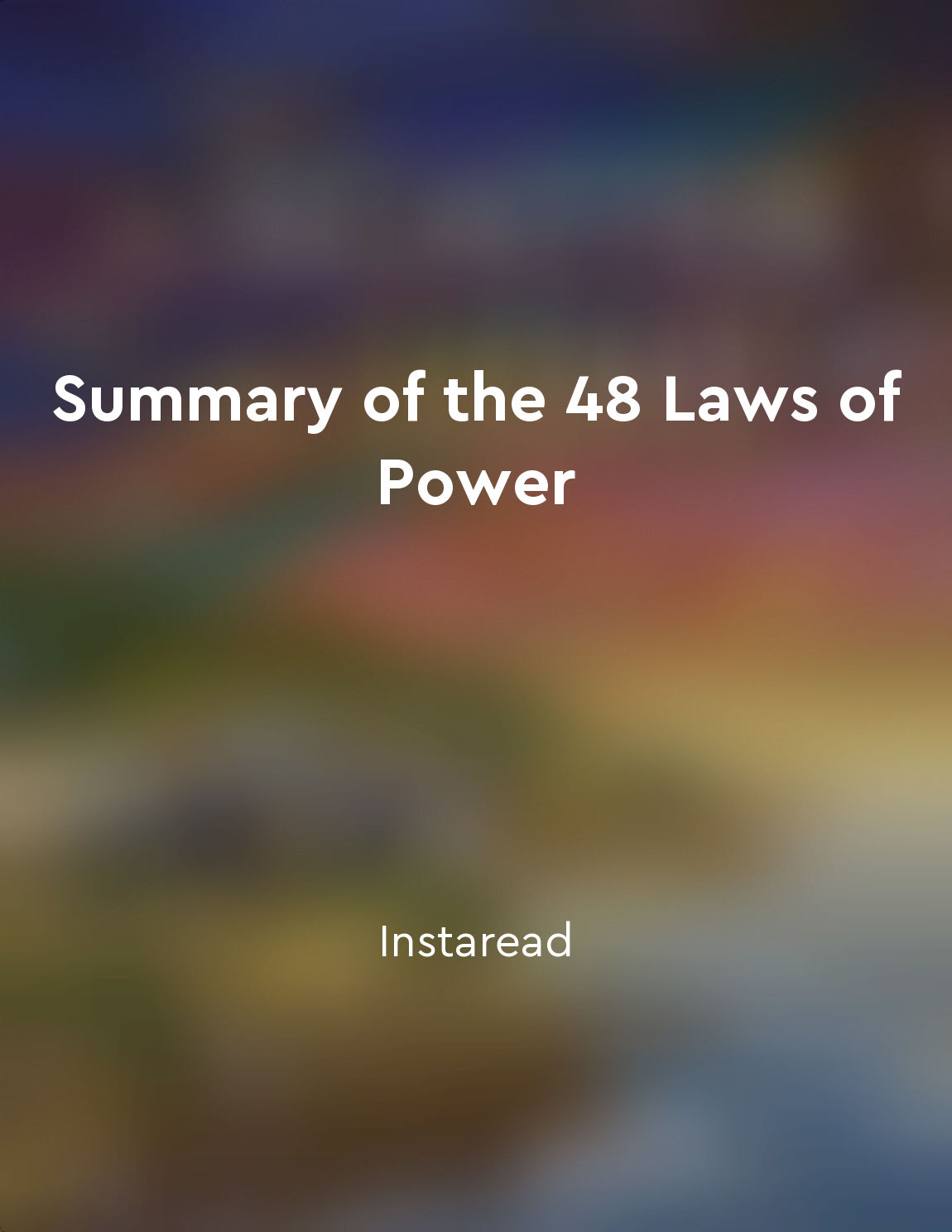Power can lead to risky behavior from "summary" of The Power Paradox by Dacher Keltner
When individuals gain power, a fascinating transformation occurs within them. As they ascend the social hierarchy, their behavior tends to become more reckless and self-serving. This pattern is evident across various domains, from politics to business to personal relationships. The more power people accumulate, the more they seem to throw caution to the wind and engage in risky behavior. One reason for this phenomenon is the impact of power on the brain. Research has shown that power can alter neural circuits in ways that diminish empathy and increase impulsivity. With power comes a sense of invincibility, a belief that rules no longer apply to the powerful individual. This distorted perception can lead them to take risks that others would consider foolhardy. Furthermore, the social dynamics of power exacerbate this tendency towards risk-taking. When people gain power, they often find themselves surrounded by sycophants and enablers who are eager to please and flatter. These individuals are unlikely to challenge the powerful person's decisions or point out potential dangers. As a result, the powerful individual operates in a bubble of reinforcement, shielded from dissenting voices and alternative perspectives. In addition, the acquisition of power can lead to a sense of entitlement and privilege. Those in positions of power may come to believe that they are above the law or immune to the consequences of their actions. This belief can embolden them to engage in behavior that others would view as unethical or risky. The powerful individual may convince themselves that they are justified in taking these risks, as their status grants them special privileges.- The paradox of power lies in its ability to both elevate and corrupt individuals. While power can bring about positive change and inspire others, it can also lead to hubris and recklessness. Understanding this duality is crucial for anyone who seeks to wield power responsibly and avoid the pitfalls that come with it.
Similar Posts

Social hierarchies are perpetuated through cultural norms
Social hierarchies are not simply a result of natural differences in strength or intelligence, but are rather perpetuated throu...
Power dynamics are pervasive in every aspect of our lives
Power dynamics are like the air we breathe - invisible yet constantly shaping our interactions, decisions, and relationships. F...

Law 23: Concentrate your forces
Law 23 emphasizes the importance of focusing all of your resources and energy on a single goal or objective. By concentrating y...
Violence is a constant threat
The notion that violence is a constant threat looms large in the novel. The protagonist grapples with the fear of violence thro...
Emotions can impact the exercise of power
The way we feel can significantly influence how we wield power. Our emotions have the power to shape our decisions and actions,...
Drugs can enhance cognitive abilities
Eddie Morra, a struggling writer, stumbled upon a mysterious pill that unlocked his brain's full potential. Suddenly, he found ...
Act like a king to be treated like one
To be treated like a king, you must first act like one. This is a principle that has been followed by powerful rulers throughou...
Power can create a sense of entitlement
The notion that power can breed entitlement is a central theme in understanding the dynamics of human behavior. As individuals ...

